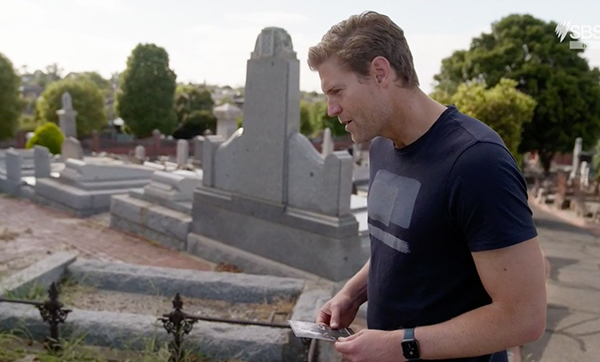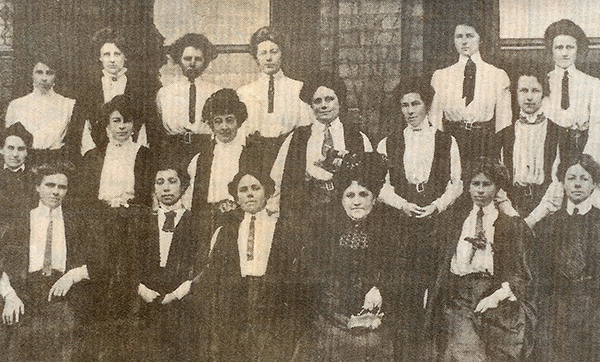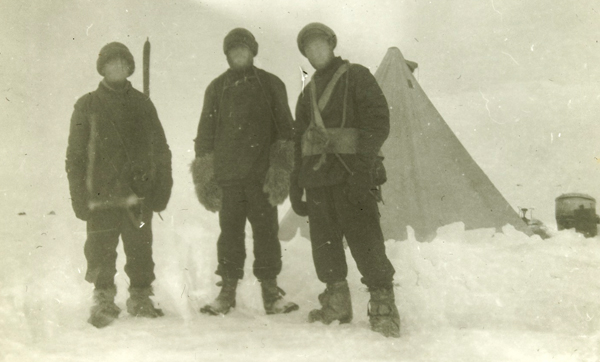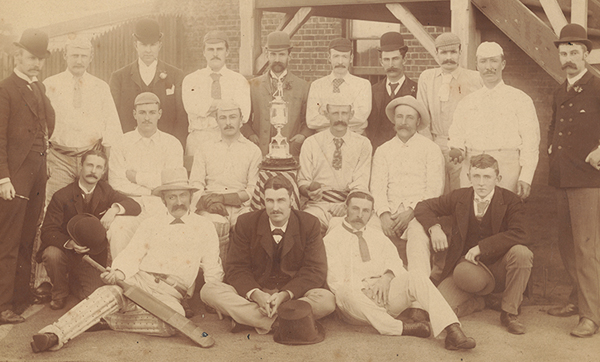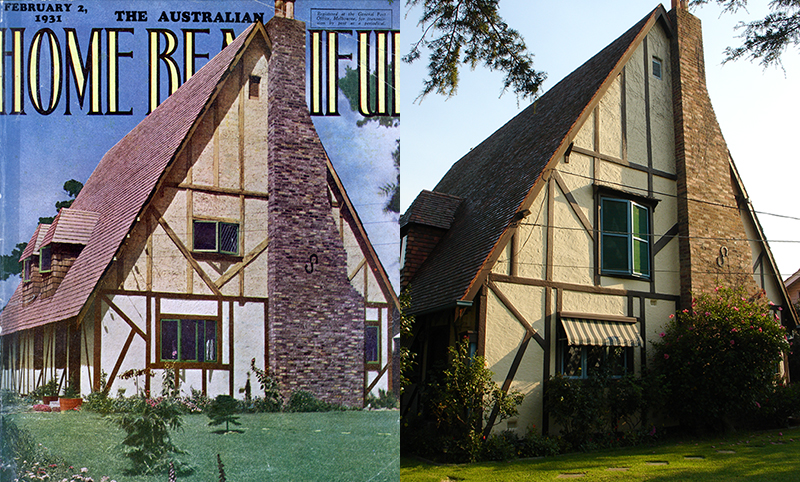Articles
These articles were originally published in the Brighton Historical Society Journal. To read more stories like these, become a BHS member today.
It was, in most ways, a very familiar request.
Hi, I’m researching a man who lived in Brighton in the 1880s. Do you have any information in your records that could help?
For over thirty years, from the beginning of the 1880s until the First World War, the north-eastern corner of Hampton and Dendy Streets, Brighton was a little corner of France. Amidst a large and rather wild garden stood a modest wooden cottage, with rambling extensions in several directions bearing the name of ‘Charente’, the department of France from which its owners came.
This is a story of two heroes who spent their school days at Brighton Grammar School. Andrew Keith Jack (BGS 1897-1903), known as Keith, and Lionel George Hooke (BGS 1905-1912) became members of a support party in an ill-fated Antarctic expedition.
Few sports can be more closely identified with an Australian summer than cricket, and early Brighton settlers wasted little time in getting their favourite sport under way. Indeed, at its foundation in 1842, Brighton Cricket Club was only the second such club in Australia, the first being the Melbourne Cricket Club..
War may have ended on 11 November 1918, but for many the scars lingered long after the last shots were fired. Tens of thousands of ex-servicemen and women returned home with life-altering injuries: blindness, deafness, lost limbs, debilitating bullet and shrapnel wounds, respiratory diseases from gas attacks, to say nothing of the psychological trauma. For many of these people, returning to their former lives and jobs simply wasn’t possible.
Esmé Johnston stands out as a colourful figure of 1930s Brighton, a journalist, actress, radio announcer and script writer with a palpable zest for life.
We were delighted yesterday to receive a visit from Ken and Judy Paynter, who with Tom McEvoy are working to preserve the Brighton family’s long history in Melbourne fashion.

